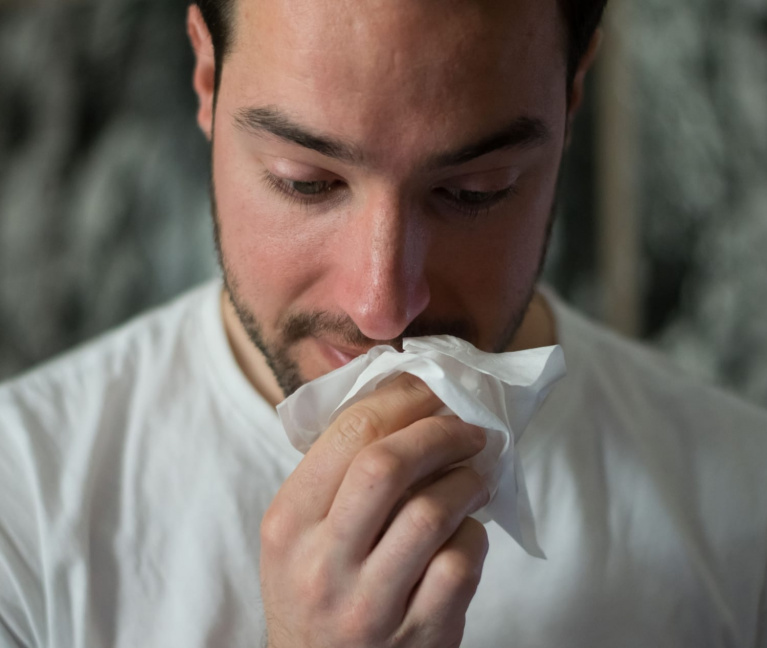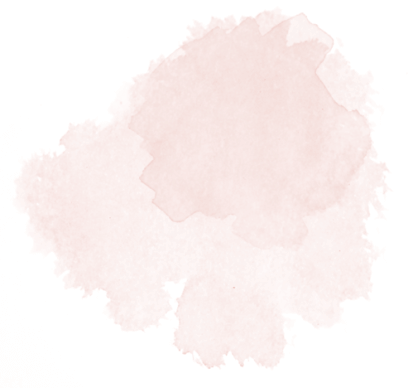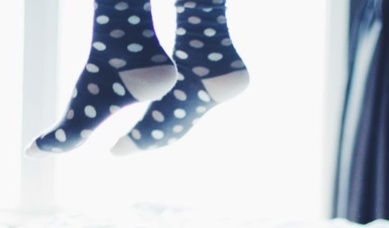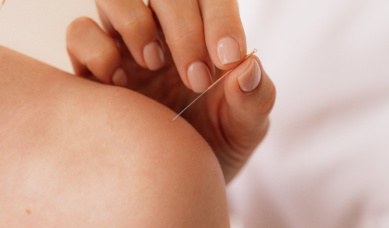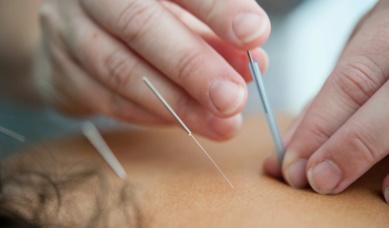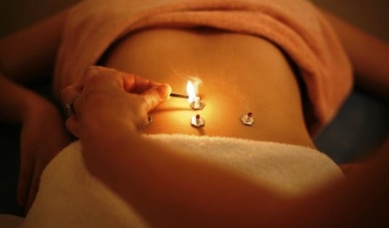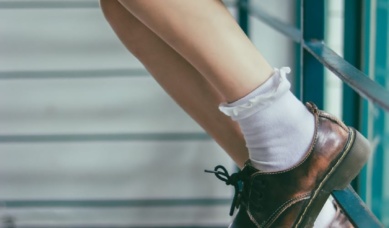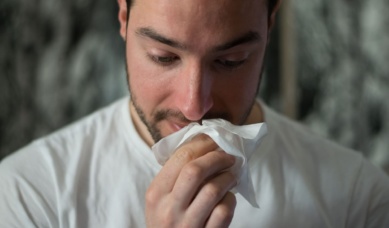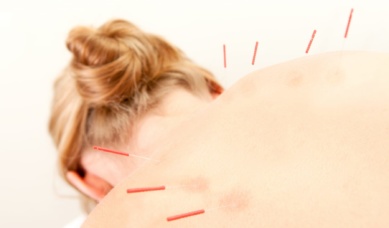Book your Acupuncture at Shift Brisbane here.
Allergies can affect anyone and statistically hayfever (Allergic Rhinitis) affects around 24% of the Australia's population. It might not be obvious to the naked eye but air pollution and seasonal pollutants such as pollen cause allergy sufferers extreme discomfort. Seasonal change can be particularly difficult in Brisbane where we have a lot of flowering trees around.
Going indoors to avoid allergens and to seek refuge is sometimes not possible either. Often dust mites are a real issue for hay fever with many people feeling congested or sneezing after a night of sleep.
People often overlook acupuncture for hayfever but it is such a useful modality that is backed by research. At The Shift Clinic Brisbane we often treat hay fever with Chinese medicine and acupuncture - let's talk about how it works.
Book your Acupuncture at Shift Brisbane here.
Acupuncture techniques we use to help treat hayfever
Hay fever, also called allergic rhinitis is usually treated with antihistamine drugs or topical corticosteroid nasal treatments. While this can provide short term relief it doesn't really get to to the core of the issue, and can lead to side effects. Using acupuncture for hayfever symptoms works on the underlying causes of the allergic rhinitis and many patients notice an immediate change as soon as they step off the table. We use specific acupuncture points that are known to help relieve a stuffy nose, watery eyes and sneezing.
There has been a moderate amount of research on using acupuncture for hayfever and results are mostly positive.
Our acupuncture treatment process for hayfever allergies
Because acupuncture is such a holistic modality your treatment will address your seasonal allergic rhinitis and hay fever symptoms as well as your general health. It's likely you'll get immediate relief in your nasal passages but also that you'll feel more relaxed. We know that acupuncture can also impact your immune systemand by having several acupuncture sessions over weeks can help to support your immune health.
Your acupuncture session may include cupping, gua sha or moxibustion.
Why choose Shift for hayfever acupuncture in Brisbane?
Our acupuncturists provide an individualised and specific treatment depending on what you need. We offer:
Appointments our of hours, Monday to Friday
Easy street or onsite parking
Health fund rebates via HICAPS
1-1 Treatments in a private setting
Book your Acupuncture at Shift Brisbane here.
What to expect from your first hayfever Acupuncture session at our Brisbane clinic
An initial acupuncture appointment is $135 and follow up appointments are $125. This includes assessment of your allergic rhinitis and other symptoms, on the table treatment and dietary suggestions.
We recommend arriving 10min prior to your appointment so you can grab a cup of tea and settle in before you begin.
Your therapist is our general physician Jarrah Crabtree. Jarrah is a Bachelor qualified Brisbane acupuncturist with a wealth of experience in treating hayfever and upper respiratory tract symptoms.
The first acupuncture consultation is important because Jarrah will be looking at providing a traditional Chinese medicine diagnosis. This is very different to a medical diagnosis of persistent allergic rhinitis – which is usually just based on diagnosing the allergen itself. While it is useful to know if you are allergic to grass pollens, dust mites, foods or moulds – in a Chinese medicine perspective hay fever treatment looks at your individual imbalances and starts there.
After your initial acupuncture appointment at The Shift Clinic Brisbane Jarrah will outline a plan to move forward. He will recommend a schedule based on his clinical practice guideline and your immune response and symptom relief after the first session.
Most clients notice significant improvements once they get off the table – but it’s not a miracle treatment so its likely that after some time symptoms can return. To work towards resolution, hay fever sufferers need a series of sessions that over time, may help to support healing. Jarrah will recommend what is best based on your presentation and response.
What our clients say...
Trustindex verifies that the original source of the review is Google. I can’t speak highly enough of Katherine and her team. Since my husband and I have been seeing Katherine, our physical and mental health has rapidly improved. Which has impacted our relationships and the general mood of our household. I have personally seen many doctors for my symptoms, but it wasn’t until I started to see Katherine that I truly began to understand my body and start the healing process. I have experienced a dramatic improvement after taking the herbal medicines. My husband had been told by every doctor and specialist that he was totally healthy, and yet he was severely struggling with his symptoms. Katherine was able to identify the reasons for his symptoms very quickly, and he too has experienced a big improvement. I know we still have a way to go, and changing habits can take time. But we are so grateful to have found the Shift Clinic and to finally feel like we are getting somewhere with our health. Katherine’s podcast ‘The Shift with Katherine Maslen’ is also an eye opener and very informative! I have learned so much about the women’s body through listening.Trustindex verifies that the original source of the review is Google. My daughter referred me to Vanessa Coben as I was experiencing gut issues and was unable to detect or remedy my problems. Vanessa advised me to take on challenges in gut testing and bloods to determine the direction I needed. Vanessa's regular appointments, diagnosis and herbal formulas have exhalted my confidence in a healthy gut. Vanessa is professional, caring, understanding and a very gentle soul. I recommend her to anyone experiencing same problems as I had. I also recommend Shift at Brisbane Natural Health as their staff and administration are warm and friendly inviting a welcoming atmosphere to clients. All the best to everyone at Shift.Trustindex verifies that the original source of the review is Google. Katherine and the team at The Shift Clinic were super supportive, friendly and welcoming. After 6 months of treatment with Katherine, my energy is back and my immunity is stronger!Trustindex verifies that the original source of the review is Google. I stumbled across Katherine Maslen and her aptly named Shift Clinic through a podcast by Shelly Craft of The Aging Project. Katherine spoke with passion about gut health, which was an area I have struggled with for over a decade. I looked her up and booked an appointment for an assessment and couldn’t get there fast enough ! I was excited and confident that this time I was going to see a change. I wasn’t wrong. The most amazing thing about the Shift Clinic is their team, who are embracing and supportive and work as a collaborative unit. I was ‘project managed’ through months of healing, both physically and holistically. I was introduced to a form of ‘therapy’ I’d never even considered when I met Jess, the clinics Intuitive Healer, who helped me unpack and resolve some personal issues that were roadblocking my emotional progression forward. This complemented my gut healing progress that was being managed so well by both Katherine and Vanessa. I would never have found Jess if not for Katherine, or entertained the idea of something so ‘left field’ for me. The whole experience of being with Shift has been healing, nurturing and uplifting. I’ve progressed on a physical and spiritual level, they’ve educated me on myself, and the team are now an integral part of my life I won’t be leaving behind. I enjoy immersing myself in the tranquility of the clinic, the genuine warmth of the girls at reception when I arrive, the soft music, the herbal tea brewing. It’s like a big, warm hug. I can’t thank them enough or recommend them to enough people. They have changed my life !Trustindex verifies that the original source of the review is Google. There probably isn't enough space to write the long review that Katherine and the whole team at The Shift Clinic truly deserve but I'll start with this. You saved my life. Words will never be enough to express how grateful myself and my family are for the journey that I continue to be on with my healing and growth. The Shift membership is one of the best health models on offer in the world and when things were incredibly dark at my lowest, I was able to receive the help needed from all of my practitioners at the clinic who all knew my history at every appointment without having to continually tell my story from the beginning. It is so beneficial as a patient that all of you work together to heal people. Not only have you all helped lead me towards the light of health, you've been giving me the tools needed to understand how to grow and heal myself. The added bonus I wasn't expecting is how I'm now healing my own home too. The work you all do is changing lives. Thank you for changing mine. I am eternally grateful. XxTrustindex verifies that the original source of the review is Google. I started seeing Shift during the Covid pandemic and I was struggling with my overall health. I found the team to be very supportive and focused on the job of assessment, ongoing regular support and providing me with the best supplements and advice for my various health challenges. Thank you Shift and Vanessa for all of your help and guidance.Trustindex verifies that the original source of the review is Google. Katherine is wonderful and helped me get on the right track with my diet and healthy eating definitely RecommendTrustindex verifies that the original source of the review is Google. I couldn’t recommend The Shift clinic and especially Dr Vanessa. After being diagnosed with an auto-immune disease my body felt like it was crashing and I needed help. I would not be where I am today without the help from Dr Vanessa and the knowledge she has passed onto me. She made the process easier and was always there for support when I needed it. The clinic is such a beautiful space and you feel calm as soon as you walk in. The receptionists were always so lovely and helpful and explained the membership process easily. Thank you so much Shift Team xTrustindex verifies that the original source of the review is Google. It would be fair to say that the last two years, in particular, have been a challenge for me personally. After battling with any number of illnesses over a long period of time, my partner of six years entered a period of rapidly declining health and was deemed a multimorbidity patient. As a result, our planned wedding happened much quicker than expected & I gave up my job to become his full-time carer before he passed away. During his decline my sole focus was him, in some ways to the detriment of my own health and whilst I acknowledge that grief played a major part in some of my weight gain, I also know that I’d developed bad habits over many years; snacking, emotional eating, convenience eating, living a mostly sedentary lifestyle to name just a few. If the loss of my husband taught me anything it is that life is too short and that our health matters! I needed to find something to help me rediscover joy in my life and to help me feel like my old self again. Following a personal recommendation and some google research of my own I came across The Shift Clinic. Having always been an advocate of natural therapies I thought this could be just what I needed to help me find my way back to lightness – physically and emotionally. I joined the 8-week weight loss challenge and I’ve not looked back. My appointments with Hypnotherapist, Rebecca and Naturopath & Nutritionist, Carolyn have provided me with the tools to; identify self-sabotaging behaviours, acknowledge all parts of me, start small, set realistic and achievable goals, feel supported, get back up when I fall, move – even if it’s only for 10 mins at a time, celebrate small wins, stick to the plan and remember that anything is possible. 8-weeks down the track I’m just under 10kg lighter physically. I’ve still got more weight to lose but for the first time in a long time, I know I’ll achieve it because the biggest ‘shift’ for me has been in how I think and how I feel, the routines & rituals I’ve put in place and the way I speak to myself. The Shift Clinic really can help you ‘shift’ you just have to be willing to let it.
Ready to book? Book online here.
Our expert team of acupuncturists in Brisbane that specialises in treating hayfever allergies
Acupuncturist & Doctor of Chinese Medicine

Georgie Smith
Acupuncturist & Doctor of Chinese Medicine
I'm here to help
Ask me a question
Acupuncturist & Doctor of Chinese Medicine

Jarrah Crabtree
Acupuncturist & Doctor of Chinese Medicine
I'm here to help
Ask me a question
Book your Acupuncture at Shift Brisbane here.
Hayfever Acupuncture FAQs.
Usually after the first hay fever session you’ll see some kind of change from the acupuncture. Most client however may need 6-12 weeks to really get to the bottom of things.
There are hundreds of different acupuncture points that may be used so it will really depend on what you need! Some are located around the sinuses themselves to provide fast relief – others may be on the back, arms, or legs.
Yes – you can claim your acupuncture for hayfever appointment through our HICAPS machine on the spot at our Brisbane clinic.
We use very fine Japanese acupuncture needles so it is not usually painful. Most of the time you’ll leave feeling very relaxed.
Call us on 07 3367 0337 to make your appointment or book online here.
Book your Acupuncture at Shift Brisbane here.
Keep your Feet Warm for Optimum Fertility
Benefits Of Acupuncture To Manage Anxiety
Japanese Acupuncture vs Chinese Acupuncture – 7 Key Differences
Acupuncture For Ankle Injuries
Can Acupuncture Help Treat Bells Palsy?
Acupuncture for Hayfever Allergies

